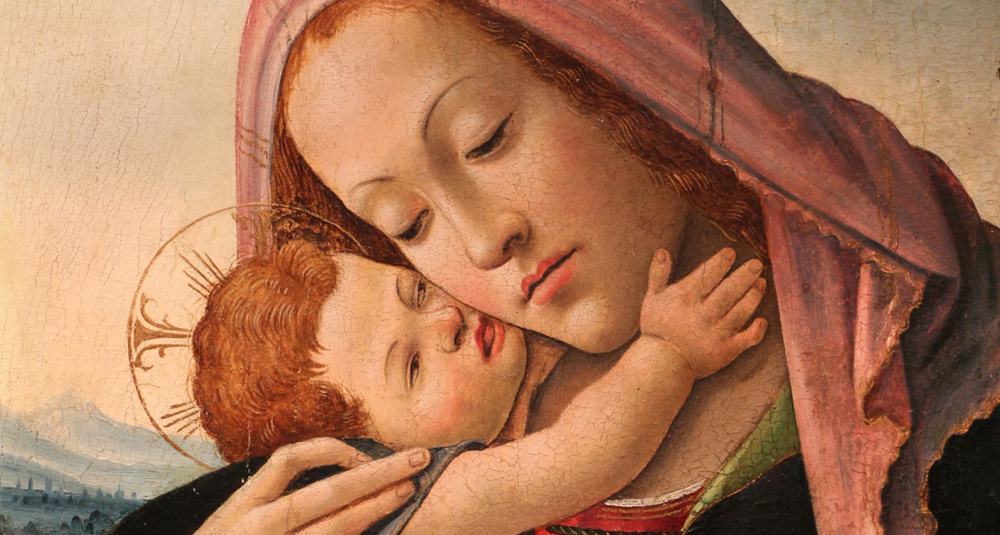
Official Journal of the Archdiocese of Glasgow
December 2021

Red Wednesday

A Southside church has been illuminated in red as part of a global campaign to raise awareness of Christians worldwide who are persecuted for their faith.
Read more…
Environment

The poor are the first to suffer when things go wrong and they the ones that suffer the most – whether it’s the economic crisis of 2008 or the pandemic we have suffered for the past two years or the ongoing environmental crisis that we face just now.
Read more…
Anniversary

Their faces solemn with concentration, three children plant a holly tree in memory of the man the world knew as Archbishop Philip Tartaglia but who was to them simply Uncle Philip.
Read more…